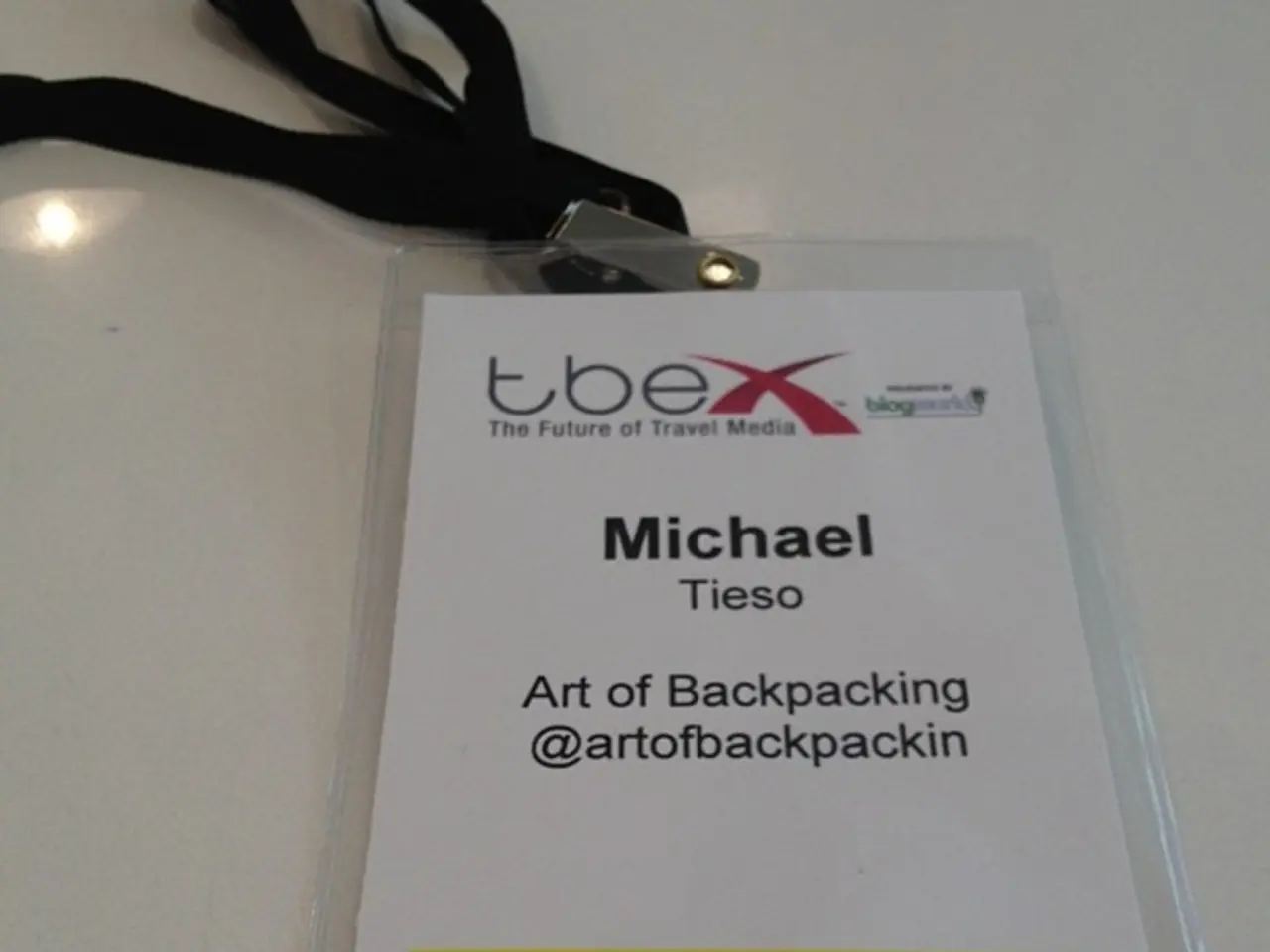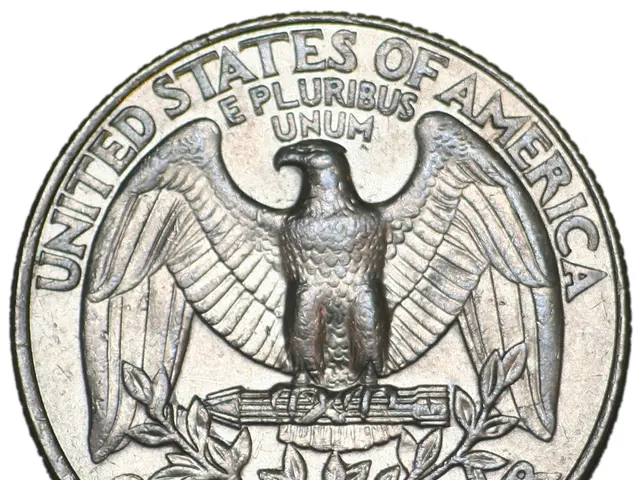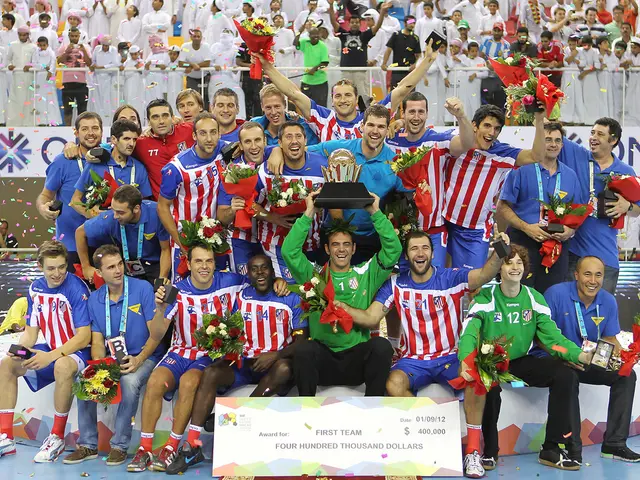Powerball Jackpot worth $1.8B up for grabs this Saturday, potential winner's identity likely to stay concealed
In an unexpected turn of events, Timothy Schultz, a Laotian immigrant and cancer survivor, held a press conference after winning a staggering $29 million lottery jackpot. This move bucked recent trends, as most lottery winners can now remain anonymous due to changes in laws in many states to protect them from criminals and unscrupulous people.
Lotteries, a tradition dating back to the 1700s, have a long history of public disclosure. However, in modern times, this is no longer the case in many states due to changes in laws. States have an interest in disclosing lottery winners' names to thwart fraud and boost trust.
Timothy's life changed dramatically after winning the lottery. He felt like a "deer in headlights," and his identity became synonymous with "Tim the lottery winner." Strangers regularly asked him for autographs or to "rub him for good luck" after he won.
Lotteries in America have evolved significantly over the years. Early lotteries were more like raffles, with winners being announced at fairs with ticket holders in the audience. As time passed, the emotional personal stories of lottery winners helped fuel the popularity of lotteries.
However, not all winners have had positive experiences. In a well-known case, Andrew "Jack" Whittaker Jr. of West Virginia regretted winning a $113.4 million lottery jackpot in 2002 due to subsequent scandals and personal setbacks.
In some states where there is no anonymity for individual winners, people can still claim prizes anonymously through private trusts. Ten states allow lottery winners to remain anonymous for wins above a certain amount, ranging from $10,000 in Minnesota to $10 million in Virginia. Nine states allow all lottery winners to remain completely anonymous for all lotteries.
Lottery lawyer Kurt Panouses, who has represented winners for decades, including some worth hundreds of millions, advises his clients to use intermediaries and claim their prizes on busy news days to avoid coverage. He regularly fields inquiries from investors, scammers, and people in need trying to reach his clients.
In a notable recent case, Attorney Mark K. Harder claimed the $842.4 million jackpot on behalf of a Michigan couple in 2024. The family of the winners hired a public relations team to vet their social media profiles before making their victory public.
Edwin Castro, the winner of a 2022 jackpot worth $2.04 billion, released a written statement but declined to speak to reporters, following the trend set by Timothy Schultz.
Saturday's Powerball jackpot is $1.8 billion, making it the second-largest in history. As the excitement builds, the question remains: will the winner choose to remain anonymous or follow in the footsteps of Timothy Schultz and step into the spotlight?





